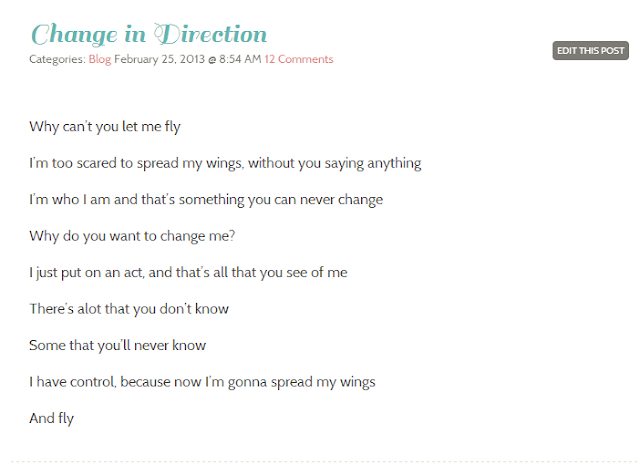Never having been much of a baker, I have had to go out on a limb to learn something new. I have starting making my own bread. At first I learned to bake bread because I was facing some financial issues after paying my son's tuition. Money was extremely tight for a while. Now that has been taken care of, but I still find myself baking a loaf or two each Saturday. I have come to enjoy the whole process.
Each time I get ready to bake, I have to prepare the yeast base first. Since I make a honey wheat bread, I must add the honey to the yeast and warm water. This mixture needs to sit for at least ten minutes to let the yeast get foamy and ready to do its thing. Meanwhile, I measure out the olive oil and salt to be added to the yeast when it's ready. I also get the flours, whole wheat and bread flour, set up to be added. The next step is putting the wheat flour in the yeast-oil mixture. Then I begin to add the bread flour a half cup at a time. Once I can no longer stir the dough with my wooden spoon, I turn it out on the floured counter and begin to knead it, adding bread flour a sprinkling at a time. At first, the dough is sticky and hard to work with, but with each additional bit of flour and kneading effort, the dough becomes softer and more elastic. It takes time to develop into a dough that will make a wonderful, light loaf of bread.
This honey wheat bread has two rising times. After the dough is kneaded and ready, it is covered lightly with a clean cloth and sits for an hour to rise. I always coat the ball of dough with a light spray of olive oil to keep it from drying out as it sits. I can't rush the rising process. It must sit. I must wait. It is a process that forces me to slow down. I can do laundry, clean the house, read, work on school work, but I can't make the bread rise any faster no matter how much I wish to sometimes. It does so in its own time and in its own way.
Once the hour has passed, the dough must be shaped into a log and placed in a loaf pan sprayed with cooking spray. It must be allowed to rise a second time. I must wait another hour before I can put the bread in the oven. Again, I cannot hurry the process. It will be ready when it is ready. After my loaf has risen for the hour, I am finally ready to put it in the oven. It will bake for thirty minutes. I am rewarded with a golden loaf of bread ready to be slathered with butter!

I think about my students and their writing now in terms of making bread. I must be prepared for this process. I need to slow down. I may need to wait and let ideas sit for a while to develop and do their thing in their brains. There must be a catalyst added to the proper ingredients for my students to grow. Some of the ingredients come from them and some are added by me. Depending on the conditions and the individual students, more of one ingredient or more time may be what they need to rise to their full potential. I cannot rush the process. It takes time for them to develop. I must be patient with them. Sometimes I want to hurry the work so I can get to the final product. However, I must let time have its way and their need to think and work in their own way must be honored or the final product will not be what it could be. This process takes awareness, patience, and effort for us to both be rewarded with something we can enjoy sharing, feel proud of, and appreciate after all this important work comes to a close.
I need to look at a few essays now so I think I'll have a slice of bread as I read along!






